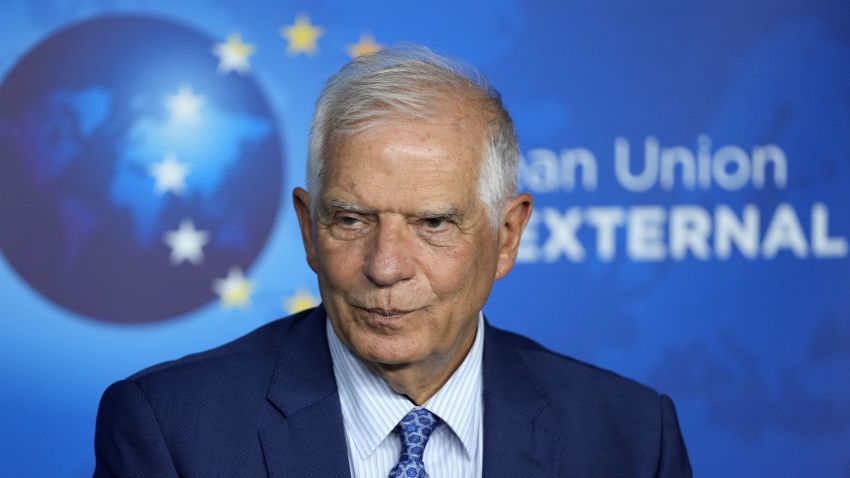Bureaucrats in Brussels are busy figuring out how to implement the agreement reached yesterday in Prague by the European Union’s foreign ministers to end visa facilitation for Russian tourists entering the union. But the policy still requires several tweaks before it will formally become law in the coming weeks.
Yesterday’s agreement was a compromise between countries from the EU’s eastern bloc, which wanted a full ban on Russian tourists, and the rest of the union, which cautioned that such a drastic step could be counterproductive. Instead, as part of the compromise, a 2007 visa-facilitation agreement making it easier for Russians to travel to EU countries will be suspended. That will make it harder for Russians to get a visa to EU states, including longer waiting times and higher fees, effectively placing Russian nationals in the same category as applicants from most African and Asian countries. This category of visas is expensive, and applications are regularly rejected based on concerns that the applicant might try to work in Europe, which these visas do not permit. They also tend to go primarily to wealthy, well-connected applicants, which in Russia’s case may mean, paradoxically, that individuals with close ties to the regime of Russian President Vladimir Putin may not suffer from the new measure.
Speaking in Prague after the agreement was reached, EU foreign affairs chief Josep Borrell said that Russians present a “security risk” to the union and thus evaluation of their visa applications is a necessity. “This [compromise] will allow visas to be granted on an individual basis after a thorough assessment of each individual case, and especially specific groups of people,” he said. “We don’t want to cut ourselves off from those Russians who are against the war in Ukraine.”

